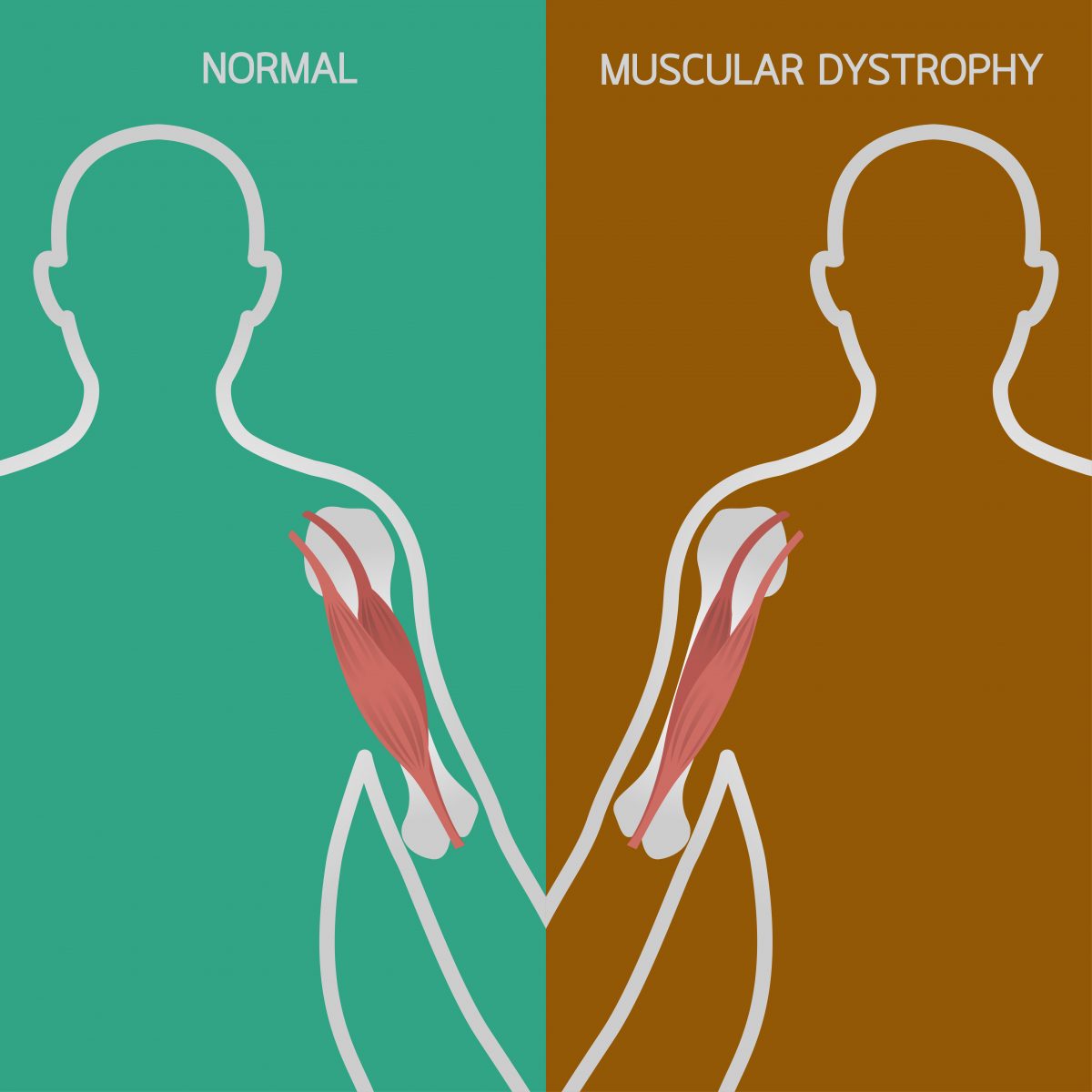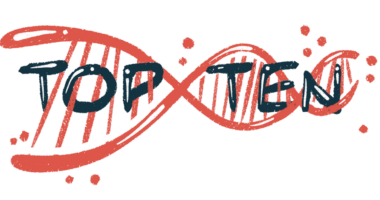Lack of Signaling Protein Prevents Normal Muscle Tissue Formation, Study Shows

The absence of a signaling protein leads to immature muscle cells being unable to fuse together to promote muscle tissue growth, a study shows.
University of Louisville researchers said lack of the MyD88 signaling protein prevented immature muscle cells known as myoblasts from fusing. When the protein’s levels are normal, myoblasts are able to fuse, promoting muscle fiber growth, the team said.
Raising levels of MyD88 may be a way to facilitate muscle tissue formation, the team said. In addition, it may be a way to treat conditions such as muscular dystrophy, they said.
The study, “MyD88 promotes myoblast fusion in a cell-autonomous manner,” appeared in the journal Nature Communications,
Muscle formation and regeneration are a multistep process that requires tight control of cell signals regulating the survival and replication of myoblasts. The signals are also necessary to promote the fusion of the cells so muscle fibers can form.
Dr. Ashok Kumar, a professor in the University of Louisville’s Department of Anatomical Sciences and Neurobiology, led the study.
The team discovered high levels of MyD88 in the muscle tissue of newborn and young mice, but lower levels in adults.
To try to understand the protein’s role in muscle formation, the researchers used mice that had been genetically engineered to lack the protein. Compared with normal animals, young mice that lacked MyD88 had less muscle tissue and shorter muscle fibers.
The team also discovered that the signaling protein was not controlling myoblasts’ survival or proliferation. Instead, it was essential to the cells’ ability to fuse and form muscle fiber.
“Since MyD88 promotes only the fusion of myoblasts without affecting their proliferation or differentiation, enhancing the levels of MyD88 levels could be a means to enhance engraftment of exogenous myoblasts [those from a donor] in cellular therapies,” Dr. Sajedah M. Hindi, the study’s first author, said in a news release.
To confirm their hypothesis, the researchers genetically engineered the mice again to restore their MyD88. This led to myoblast fusion and the formation of muscle tissue.
Kumar’s team is now evaluating the signaling protein’s role in muscle tissue formation in both normal animals and in models of diseases that affect muscle.
“We are investigating whether augmenting the levels of MyD88 inhibits growth of rhabdomyosarcoma [muscle tissue cancer] in animal models,” Kumar said. “Finally, we are investigating whether the loss of MyD88 is responsible for the diminished muscle regeneration capacity in the elderly.”






